Trending Now
Sunday, Sep, 2024
Home / MULTILINGUAL EDUCATION: Rewarding Experience For Future Generation
MULTILINGUAL EDUCATION: Rewarding Experience For Future Generation
When an individual is competent in more than one language, he is said to be multilingual. India is a country of diverse languages with..
 by Himani Verma /
by Himani Verma /  10 Mar 2021 10:56 AM IST /
10 Mar 2021 10:56 AM IST /  0 Comment(s) / 1734
0 Comment(s) / 1734
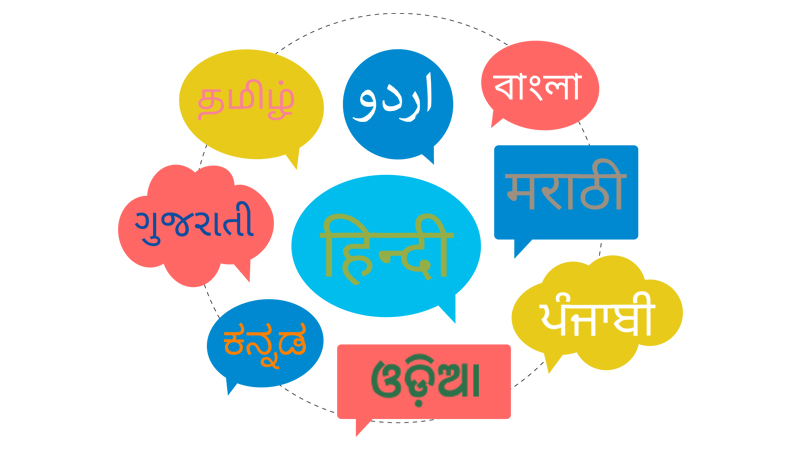
When an individual is competent in more than one language, he is said to be multilingual. India is a country of diverse languages with 02 official languages, 22 scheduled languages in the Indian Constitution, and 780 languages estimated to be in everyday use. We need to understand that every language is an asset to the country. We must encourage the use of regional languages as India is said to be a country where there is unity in diversity. Nelson Mandela, promoting multilingual education, said that If you talk to a man in a language he understands, that goes to his head and If you talk to him in his own language, that goes to his heart.
Emphasis of National Education Policy 2020 on Multilingualism:
The National Education Policy 2020, which replaces the previous National Policy on Education 1986, emphasizes promoting regional languages in the school curriculum. The NEP was approved by the Union Cabinet of India on 29 July 2020. It outlines India’s new education system and aims to transform the education system of India.
As per the New Education Policy, the medium of instruction until at least class 5, but preferably till class 8 and beyond, will be the home language, mother tongue, local language, and regional language. Although the officials have clarified that, ‘ No language is being imposed in the policy. NEP suggests that the mother tongue or local language or regional language, one of them could be the choice for the medium of instruction.’
Benefits of Encouraging Multilingualism in Education:
There is no limit to learning; the more we learn, the better we become. Including various regional languages or mother tongue in the school curriculum will provide students with an opportunity to be adept at more than two languages. This will develop a sense of confidence in them, and they will also get a chance to explore the diverse culture of India. Education will become more inclusive, and students can evaluate the stories and histories of different cultures. Not only this, but the students will also become more respectful towards the rituals of different cultures as they will understand the deeper message each ritual contains.
Let us discuss the benefits of including various regional languages in the school curriculum:
Cultural Awareness - India is a country of diverse cultures. It is prominent in the way the people of different cultures dress differently, speak different languages, eat different kinds of food and celebrate different festivals. By promoting Multilingualism, cultural awareness is also encouraged. People of various ethnic groups get to know about the nuances as well as the cultural importance and history of every language.
Academic Value - Various researches emphasize the importance of learning more than one language. People who are competent in more than two languages are said to be quick learners and better performers academically. Thus including local or regional languages in the school curriculum will help in raising academically competent adults.
Adjustment in Society - It is common for people who are speaking regional languages to feel like they are not a fit for the society that speaks the mainstream language (English). By promoting Multilingualism in schools, such fears of acceptance can be eliminated. Students will feel comfortable expressing themselves and will not feel left out or a misfit. This will also promote the foundation of India, which is unity in diversity.
Appreciation of Local Languages - Multilingualism encourages students to learn about different languages and appreciate the beauty of every language. The superiority complex, which is often developed in students who speak the mainstream language, is removed as the kids understand and appreciate the importance of every language. Instead of ridiculing the students who speak regional languages and are not comfortable with the official language, students will develop compassion for them. The students will be able to communicate ideas easily.
Creativity - Students learn quickly in their own language and therefore become more creative. They feel comfortable in their language and are hence more efficient in the same. Moreover, since they have been using the regional language from the time they were kids, they can quickly understand the details and fuel their creative aspects. Creative and well-learned adults are going to shape the future of India, and thus, it is a promising idea to incorporate regional languages in schools from the elementary level.
Sense of Confidence - When students are speaking in their regional language, they develop confidence in themselves. Earlier, if the student had difficulty in the language in which the instructions were given, they can now have clarity in their mind. This clarity ensures that he becomes confident as an individual and does not fear to answer the questions or raise objections.
Critical Thinking - Familiarity with the language that is being spoken ensures that students understand the entire matter being discussed thoroughly. Since he can comprehend things in a better way, he can think more rationally and come to conclusions. He can critically analyze the facts to form a better judgment. Students with a better understanding of the subjects and who can form accurate judgments about any given situation will be better decision-makers in the future, which is the primary goal of education.
Long-Term Benefits - Learning regional languages is beneficial even in the long run. One can easily communicate with people who do not speak the official languages of the country.
Conclusion
The importance of including regional languages in the school curriculum has been expressed internationally too. The International Mother Language Day 2021 was organized on 25 February 2021. The theme was “Fostering multilingualism for inclusion in education and society.” India’s National Education Policy 2020 is a great step towards promoting Multilingualism in Indian schools. Such a step will ensure an inclusive education.
Moreover, teaching pedagogy will become more flexible, and students will become better learners. It must also be noted that children can better learn multiple languages in early-stage. Therefore, including regional languages in the school curriculum at the elementary level will help students develop competencies in various languages from an early age.

Blog / February 11, 2024
Mastering Spoken English: A Journey Through Real-Life Conversations

Blog / January 19, 2024
The Crucial Need for Cybersecurity Education in School Curriculums

Blog / December 19, 2023
How Gamification Transforms Learning into Adventure

Blog / December 01, 2023
Empowering Education: How Artificial Intelligence Shapes the Future of Learning

Blog / September 10, 2023
Looking for Scholarships? 3 Programmes to Apply for by September-October 2023

Blog / May 11, 2023
Top 10 Career Choices for Generation Z

EShort / February 16, 2024
IMS Noida Admissions 2024: Apply for UG, PG programmes

EShort / February 16, 2024
GATE 2024: Response sheet out

EShort / February 16, 2024
BSSTET 2023: Admit card released

EShort / February 16, 2024
NID DAT 2024: Prelims result released

EShort / February 16, 2024
IIT JAM 2024: Response sheet released
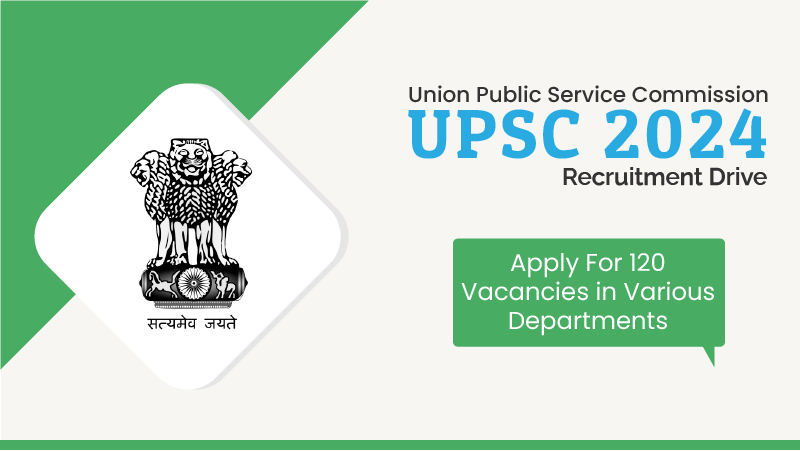
Jobs / February 16, 2024
UPSC Recruitment Drive 2024: Apply for 120 vacancies in various departments

EShort / February 14, 2024
UPSC CSE 2024: Official Notification issued; application process begins
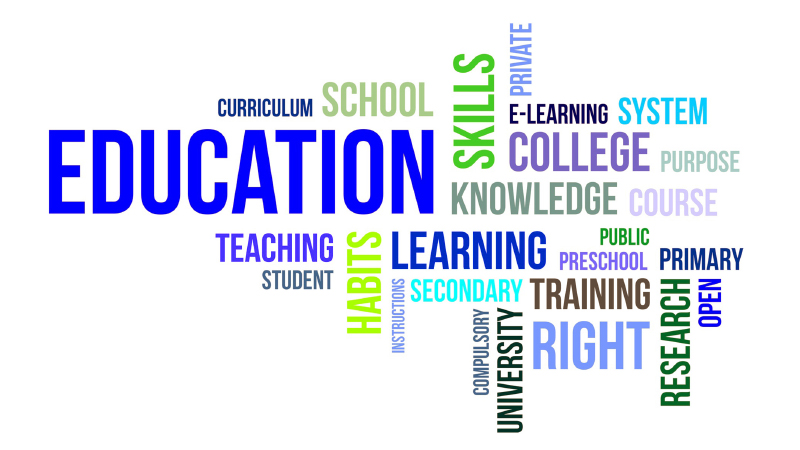
Editor's Desk / April 17, 2020
How Does Society Impact Our Education?

Current Affairs / April 22, 2020
Mr. Sudarsanam Babu appointed to U.S. Science Board.
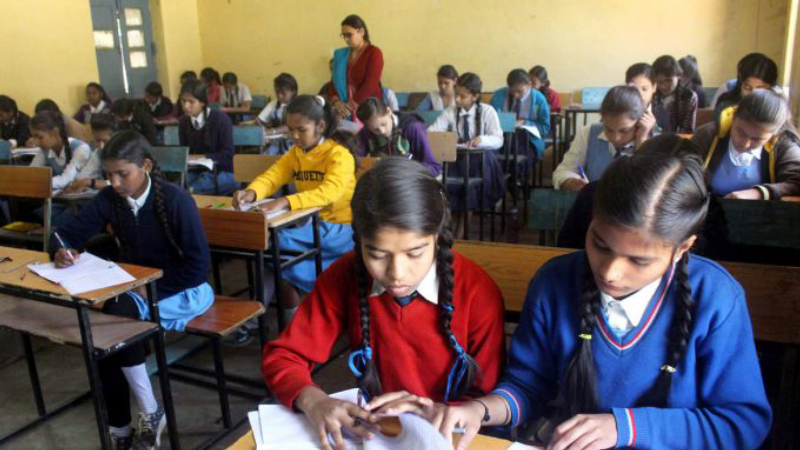
Reforms / April 17, 2020
Traditional Structure of Education In India
.jpg)
Events & Seminars / April 17, 2020
PISA!!
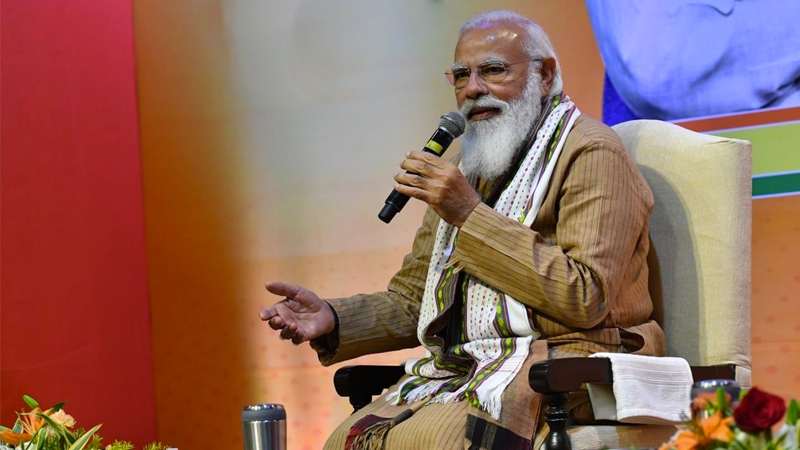
Blog / February 26, 2021
Government's Action On #ModiRojgaarDo

EShort / May 19, 2022
CUET PG 2025 has started the registration process.

Notice Board on Important Dates / April 21, 2020
World Heritage Day

News / July 08, 2021
JEE Mains Registration For Session 3: Last Date To Apply

EShort / June 11, 2022
KCET 2022 registration reopen today


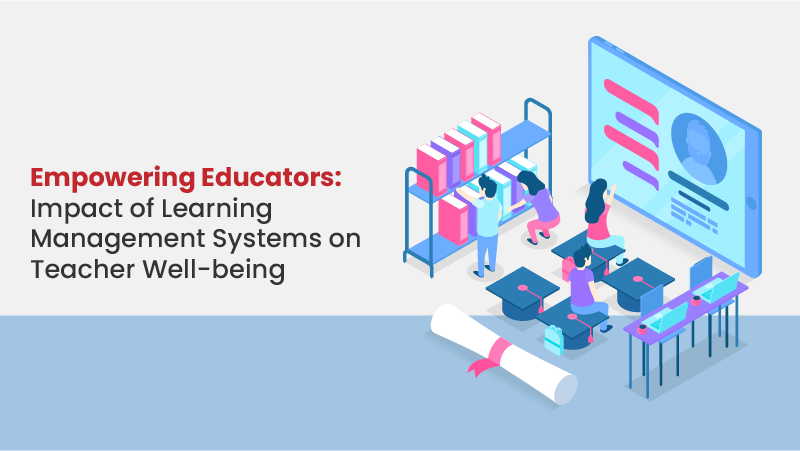







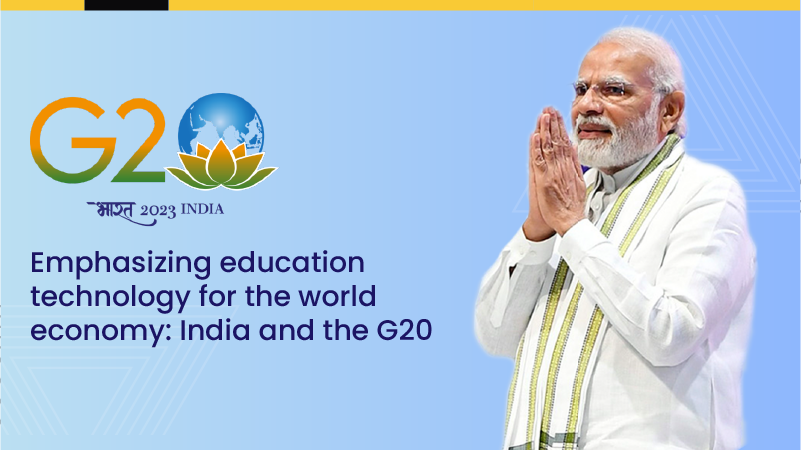







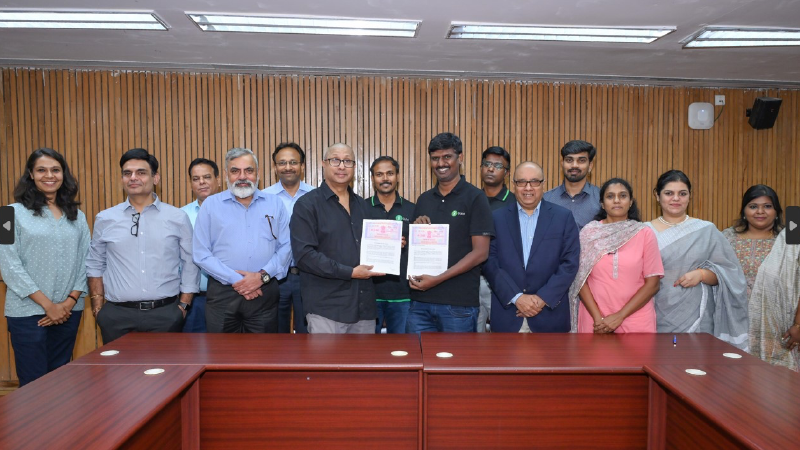
0 Comments
Post Comments